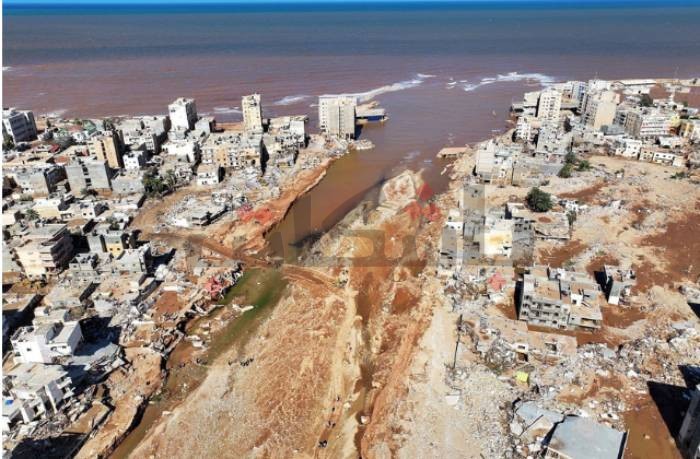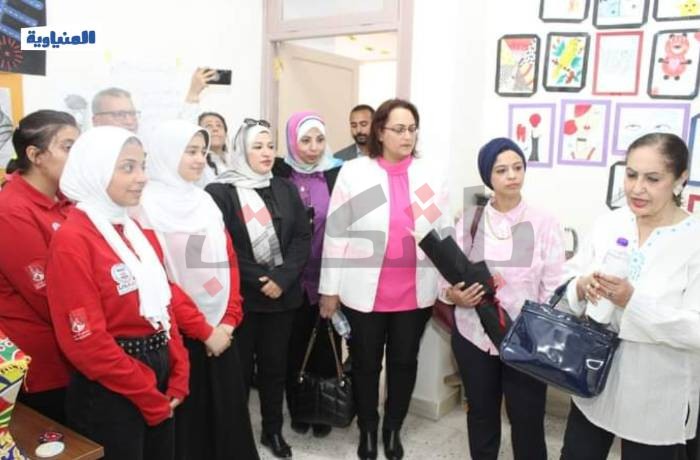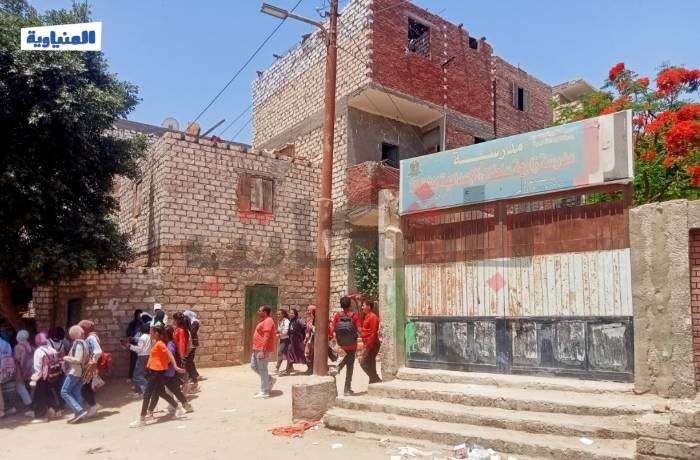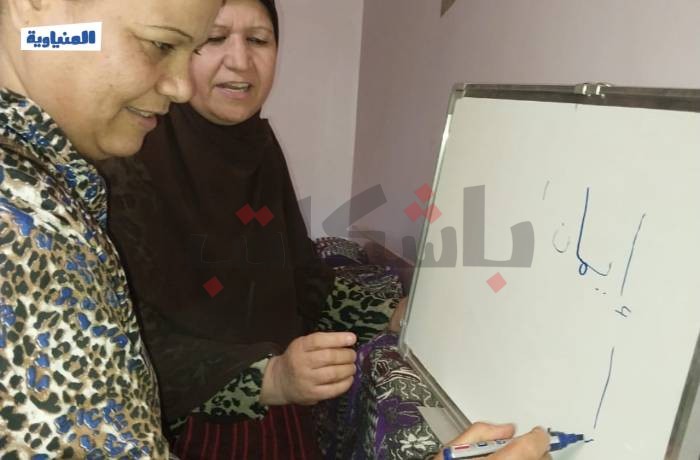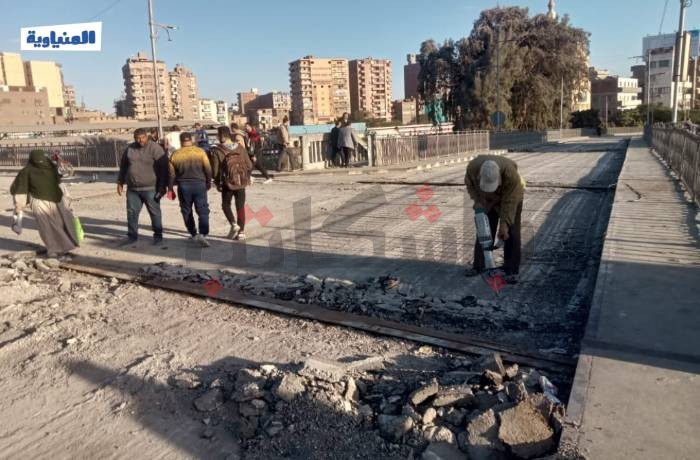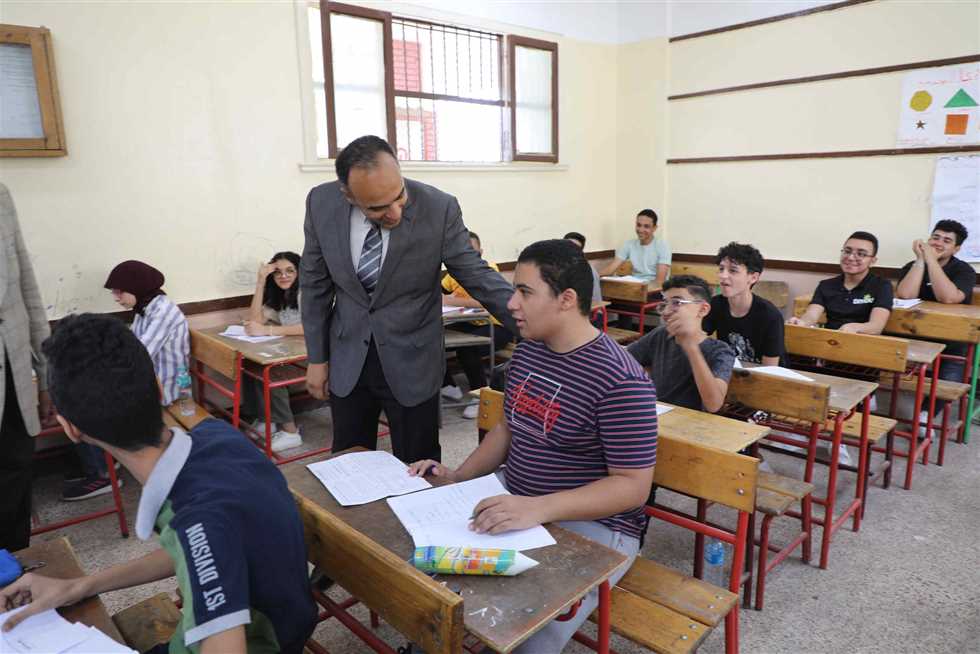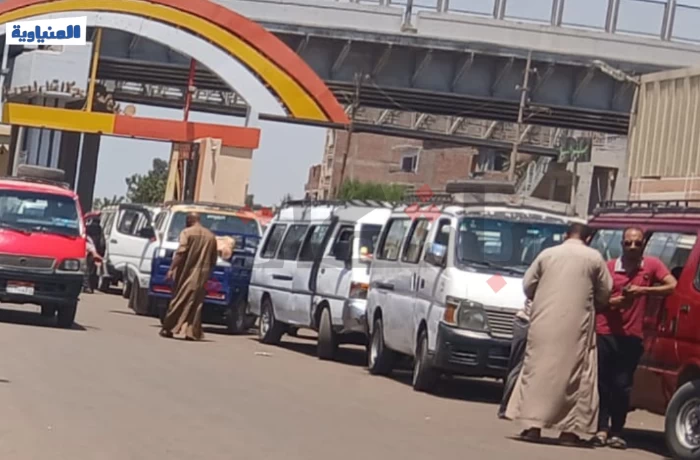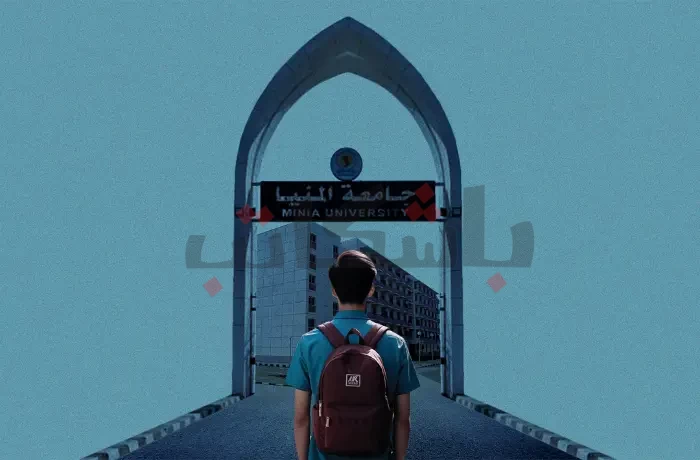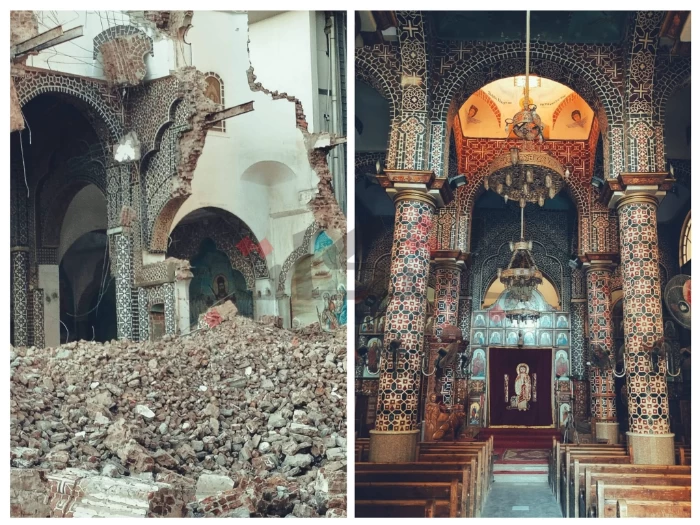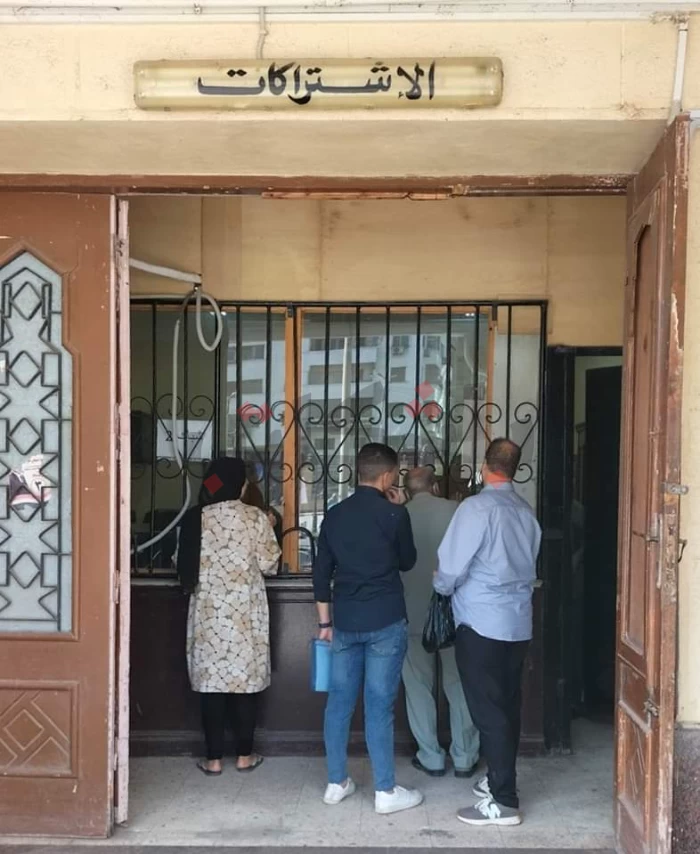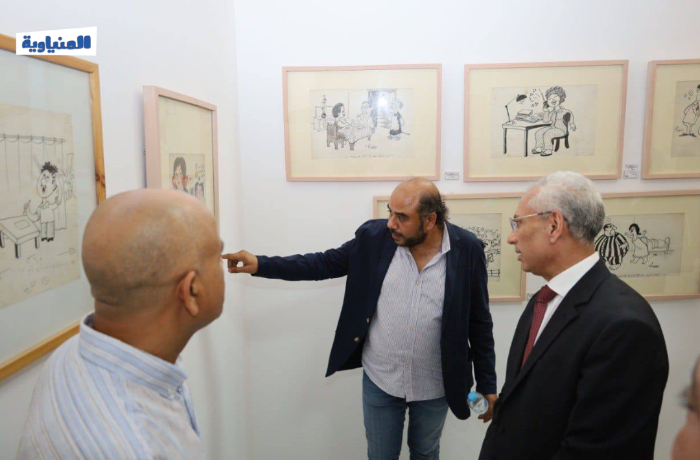Not Free | Next Saturday morning, school bells will ring for the first session, and university halls will prepare to welcome both new and returning students. Before the students' rows echo "at attention," Egyptian families stand face to face with an exhausting seasonal battle, significantly different from its predecessors, in light of rising costs for all their children's needs
Parents face multiple fronts, all impacting their pockets simultaneously. Starting from school fees, supplies, clothes, books, and lessons, all witnessing consecutive increases due to the fluctuating exchange rate between the Egyptian pound and the rising dollar. Meanwhile, the tragedy of our workers in Libya continues, not to mention the increased cost of living, including wages, food, and goods.
This article highlights all voices: students, parents, and vendors, as everyone seeks ways to manage their way through a crisis, where education takes center stage... and it's not free.
On the first day of my first academic year, I won't be among my peers; instead, I'll be at the restaurant where I work in Cairo, fulfilling my duties. Perhaps by doing so, I'll manage to cover the expenses that would enable me to rejoin my colleagues at college.
This is how Mohamed Essam, who is enrolling this year in the Faculty of Physical Education at Minya University, begins speaking about being compelled to go to work instead of studying, due to the situation he found himself in. This situation arose after Storm Daniel affected his father's work, making it difficult for him to manage the expenses at the beginning of the academic year.
Mohamed's father has been working in Benghazi, Libya for two and a half years, after moving from his hometown of Samalut in search for a better income to support his growing family. This slightly helped Mohamed to stop working at the beginning of this vacation, which he had been doing since he was 16
The young man relied on his father to send the expenses for the beginning of the academic year, while he prepared for his first year at the college. However, "Daniel" interrupted these arrangements. The storm, which caused floods and almost destroyed the city of Derna, resulted in human and material damages that affected Libya as a whole. The immediate impact was the suspension of work in various provinces, including Benghazi, where Essam, Mohamed's father, works.
The primary concern for the family in Minya was, of course, to ensure the well-being of their father and peers amidst the successive news about the extent of damage caused by the floods there. However, they also had to act so as not to burden their expatriate father by asking for any expenses to be sent. Thus, Mohammed swiftly headed to Cairo to work and manage the essential expenses required for joining college, especially the sports uniform mandated by the studies, saying: "My father is in difficult circumstances, and I must not burden him."
Essam, Mohamed's father, mentioned that work had stopped since the weather conditions changed and turned into floods, resuming only on Sunday, September 24. He added in a conversation over the internet, "I was upset that I couldn't provide the expenses for him, as I had money with a Libyan employer, but I couldn't demand it now due to the circumstances."
Essam points out that the crisis affected those residing in Libya. He further says, "I was sad that Mohamed had to work because I couldn't send him the beginning-of-term expenses, but I am happy that he can rely on himself."
A similar situation occurred with Umm Omar, 35, who found herself in a crisis in managing the expenses for her children's school needs. Her husband, who is working in Libya, was affected by the disruptions that occurred in various jobs there after the storm.
Umm Omar doesn’t work; she is a housewife. She says, "It's not important to send the expenses; what matters is his safety and assurance of him." Regarding her children's school supplies, she managed her own affairs with a sum she had saved for a while. She decided to forego new school bags for her children this year and made them use last year's bags due to the unprecedented rise in prices.
Husam Khaled, Umm Omar's husband, also commented during an online call, stating that the current conditions in Libya are difficult.
The forty-year-old man, who has been working in Libya in the plumbing field for nearly 12 years, usually used to manage the expenses for the beginning of the academic year in September every year and send them to his wife for her to buy the required supplies or even send some items from Libya itself. However, the events of the storm caused turmoil, affecting everyone who needs to endure until things return to normal.
Libyan government agencies estimate that the hurricane and subsequent floods left nearly 4,000 dead and over 20,000 missing. International organizations expect this toll to rise to higher figures, while it left extensive destruction in the city located in the eastern part of the country.
Egypt lost some of its workers during the hurricane in Derna. Eighty-seven bodies reached Egypt, 68 of them from a single village in Beni Suef Governorate. Meanwhile, there are still several missing persons for whom search results have not yet appeared
